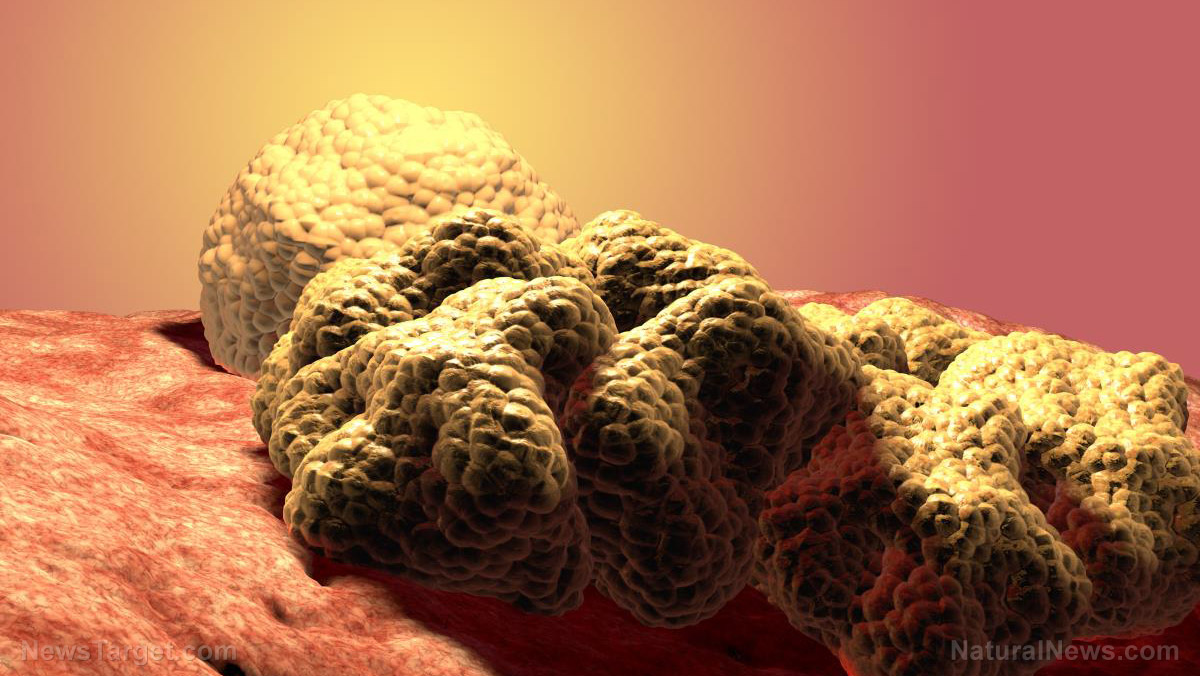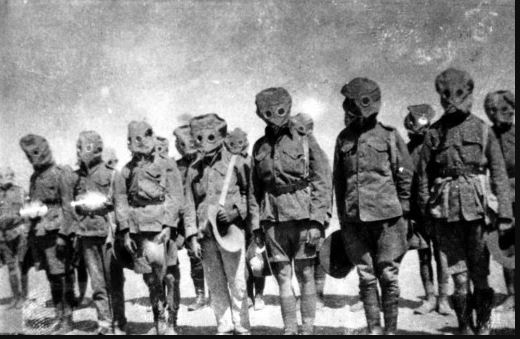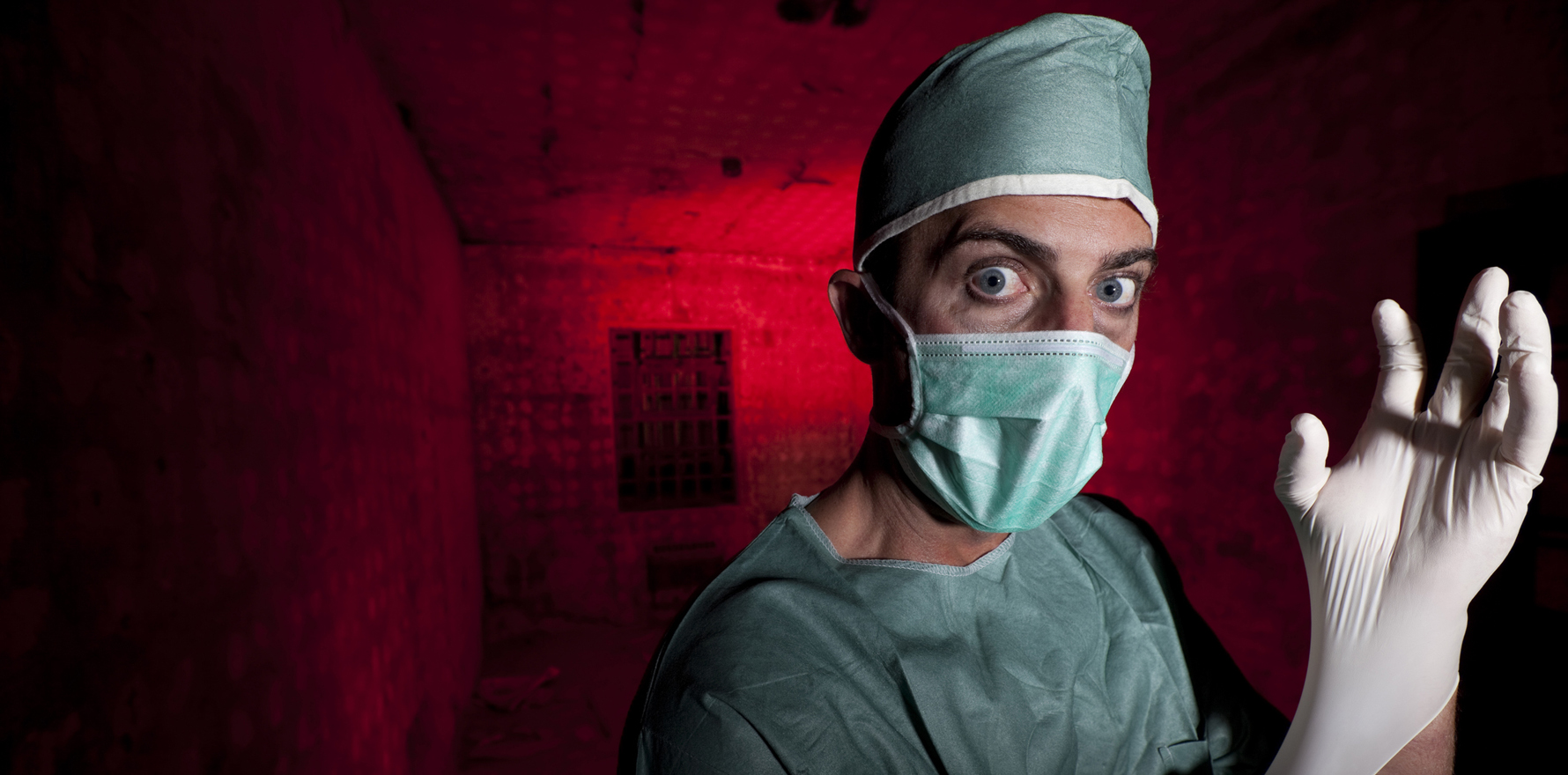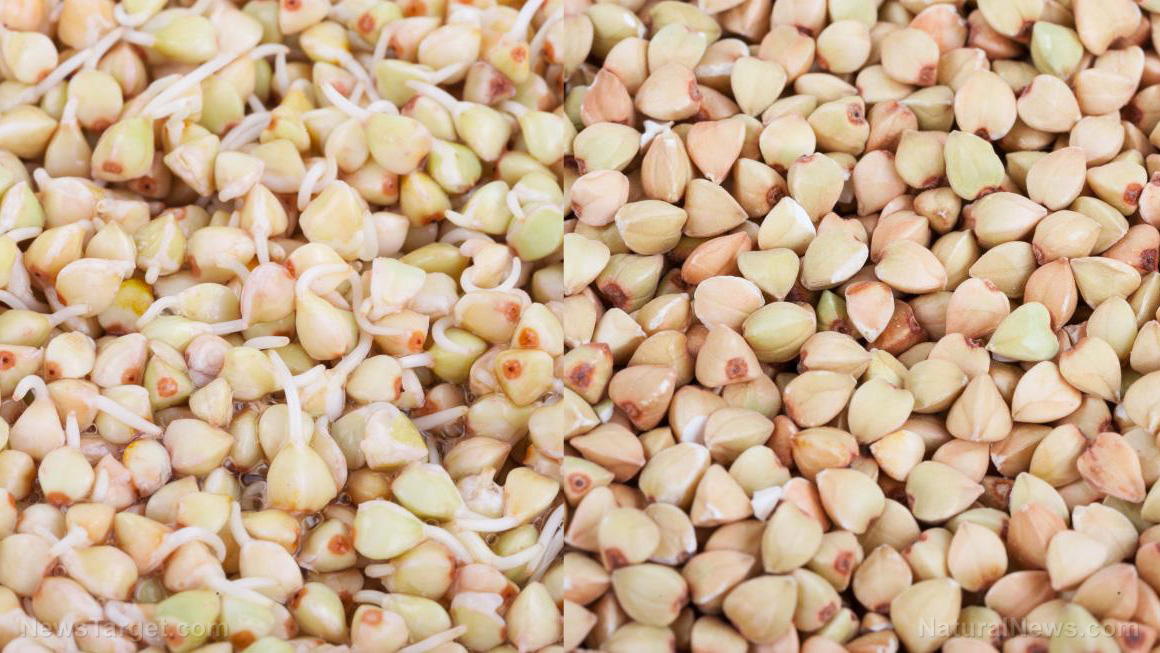Cancer radiation “treatment” claims proven FALSE: New study proves higher doses do not improve survival in prostate cancer patients
04/10/2018 / By Isabelle Z.

Radiation therapy isn’t anybody’s idea of a good time, but each year, thousands of people undergo the treatment in hopes of curing their cancer. If it can save your life, the side effects are worth it, right? Unfortunately, there’s one small problem with this line of reasoning: Radiation does not always improve a person’s chances of survival, which makes you wonder why it is being given in the first place in some cases.
Even in cases where radiation might be helpful, more is not necessarily better. Indeed, a newly released study indicates that higher doses of radiation do not improve the survival rate for many prostate cancer patients over standard radiation treatment. Researchers from the Washington University of Medicine looked at 104 radiation therapy oncology groups in North America. The study involved around 1,500 patients total who fall into the prostate cancer category of intermediate risk, which is the most common classification.
It took the researchers ten years to enroll enough patients into the trial. This is the first study that is considered big enough to determine whether the improvement measurements caused by higher radiation doses that have been found in past studies – such as lower levels of the prostate-specific antigen and slower tumor growth – actually have any impact on patients’ survival.
First author Jeff M. Michalski said: “Our goal is to improve survival, but we didn’t see that despite advances in modern radiotherapy.” While they did see lower recurrence rates and slower tumor growth, it didn’t improve survival.
In addition, those who were given the higher doses experienced more side effects, like rectal bleeding and urinary irritation, even years after their treatment had ended. Dr. Michalski said that if the higher doses of radiation could be somehow made safer, he’d be in favor of doing it. “But if we can’t achieve those ‘safe’ radiation dose goals, we shouldn’t put the patient at risk of serious side effects down the line by giving the higher dose. If we can’t spare the rectum or the bladder well enough, for example, we should probably back off the radiation dose. It’s important to develop treatment plans for each patient on a case-by-case basis,” he said.
Lots of patients undergoing unnecessary radiation for prostate cancer
One Oxford academic has even claimed that he believes many prostate cancer patients would be better off had they never been diagnosed in the first place. Professor Freddie Hamdy said that a diagnosis has prompted many men who have slow-growing tumors to undergo unnecessary treatment out of sheer fear and anxiety, even though the treatment wasn’t in their best interest.
Of course, prevention is always the best medicine, and it just so happens that some of the foods that can help prevent prostate cancer have also been shown in studies to fight the disease. For example, a study from the University of Texas at Austin has found that some of the most effective compounds for starving prostate cancer cells and stopping them from proliferating are the ursolic acid found in apple peels and resveratrol in grapes. Eating apples and grapes in combination also has the effect of preventing cancerous cells from consuming glutamine, which will essentially stop them from growing.
Unfortunately, as long as radiation therapy continues to be highly profitable, alternative treatments will not get the attention they deserve.
Follow more news on cancer research at Cancer.news.
Sources for this article include:
Tagged Under:




















